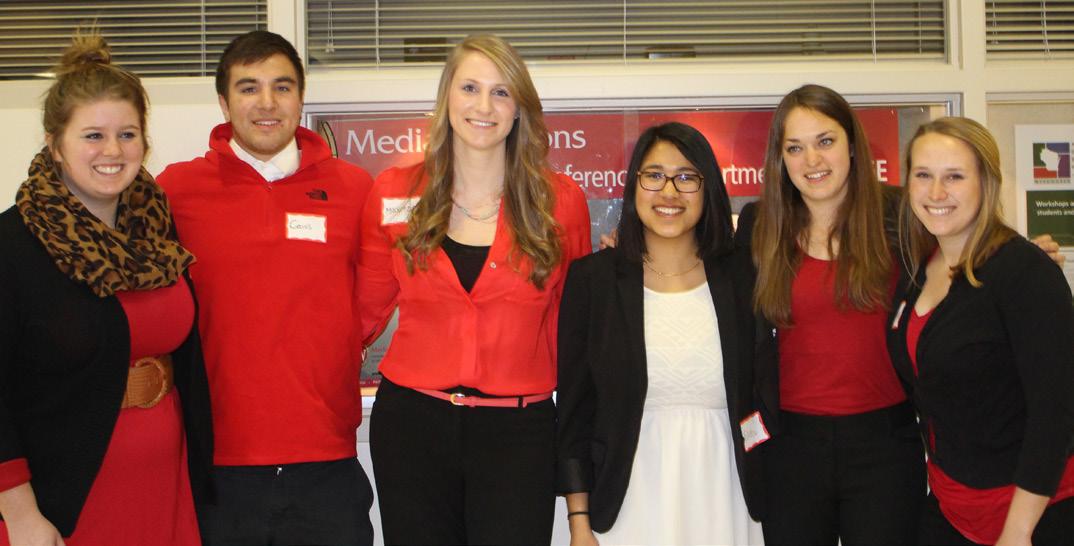
2 minute read
UW-Madison Global Health Impact Report 2013/14
It takes a village to advance health today and ensure equitable, sustainable health for tomorrow. The Global Health Institute at the University of WisconsinMadison is building bridges between researchers, health care professionals, staff, students, fellows and communities to tackle the complex, interlinked causes of disease.
In 2013-2014, GHI supported research from across campus with a series of awards. Our events showcased the diversity of people engaged in addressing global health challenges, and our education programs helped prepare a new generation of students to become world citizens.
Here you’ll find stories that provide a snapshot of our work and successes.
Jonathan
Director, Global Health Institute
From the director
As the Global Health Institute (GHI) begins its fourth year, the need for a holistic approach to well-being in Wisconsin and across the world has never been greater. Evidence mounts daily that the future of humans, animals and the environment are deeply intertwined and facing unprecedented challenges. That is why GHI works to engage all of UW-Madison and local and international partners toward a comprehensive approach to health. The Institute is articulating and practicing a new global health ethic, which invites us to pursue health for today while ensuring natural and other resources are available for health tomorrow. It extends the forward-thinking tradition of the Wisconsin Idea and builds on Professor Aldo Leopold’s land ethic that called for recognizing the entire ecosystem as part of our community. The ethic also meshes with the UW-Madison’s pioneering work in disease prevention and biotechnology.
Our efforts in 2013-2014 have exemplified a multi-sector response to global health. GHI supported new, interdisciplinary research and our events and visiting scholars program brought those on global health’s front lines to UW-Madison. We also are at the forefront of new campus initiatives to improve well-being for women and promote livable cities.
Provost Paul DeLuca has been an unfailing supporter and valued partner for GHI, and we offer our thanks as he transitions back to teaching and research. Paul turned the conclusions of UW’s Reaccreditation Report into reality by advancing global health as a full campus enterprise.

I am also happy to announce that Christopher Olsen, a professor of Public Health in the School of Veterinary Medicine, will serve as acting GHI director during my sabbatical during the coming academic year. My work and a Fulbright Scholar Award take me to Geneva, Switzerland, and Ethiopia to work on climate change/public health policy. Chris has been a pioneering force for global health on this campus since its inception and brings a special focus on “One Health.”
I am grateful to so many of you for your engagement and support of UW-Madison’s global health efforts to date. We are well-positioned as we embrace the next academic year with clear purpose to promote this new global health ethic.
On the cover: Eighty-two percent of Ethiopia’s more than 90 million people live in rural areas. UW-Madison faculty, staff and students are collaborating with in-country colleagues to address health challenges in the face of explosive population growth and urbanization in a land with limited resources. (Photo by Jonathan






